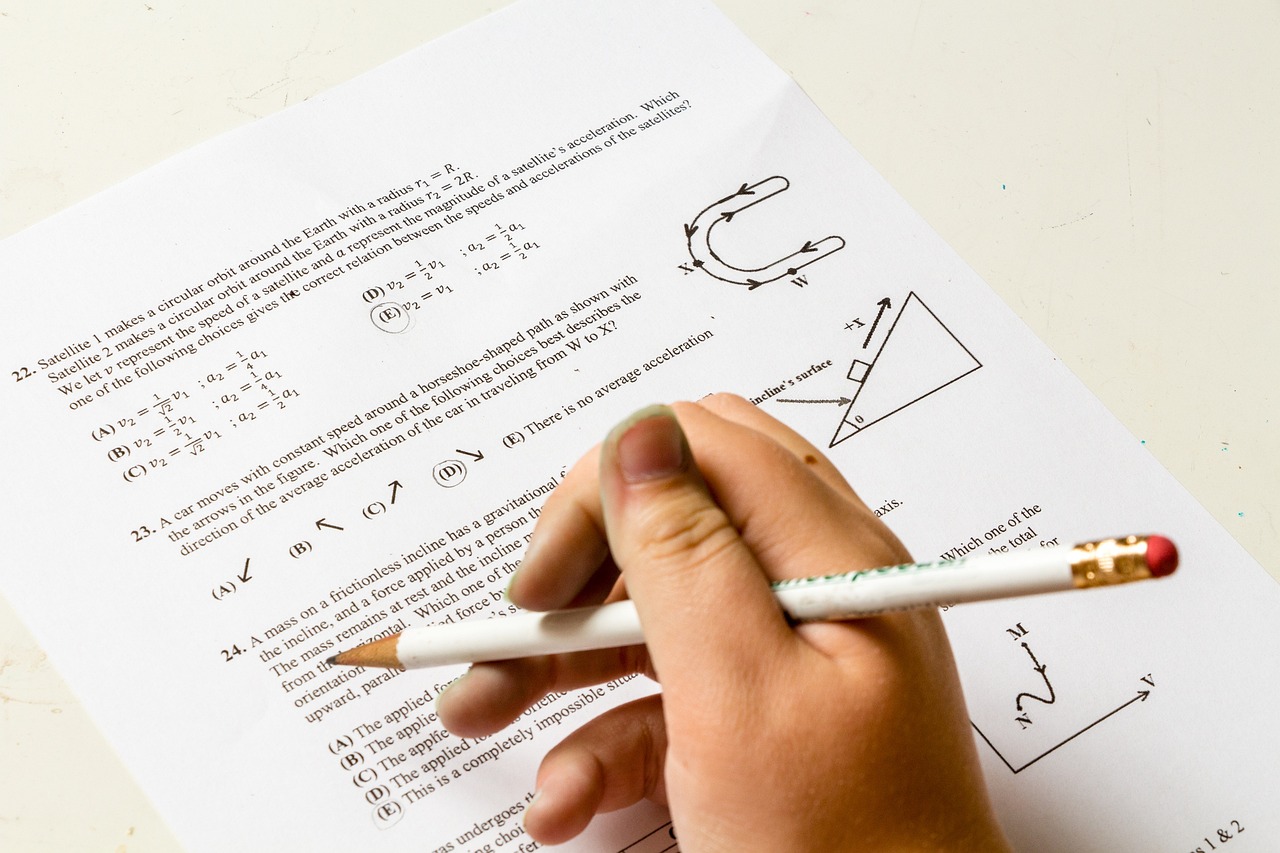Having pattern knowledge such as repeating pattern knowledge (patterns with a repeating core unit. If you see “ABABAB”, “BA” is the repeating pattern) and growing pattern knowledge (patterns with systematically increasing or decreasing sequences following a particular rule. For instance, the next sequence of “ABABBABBB” is “ABABBABBBABBBB) is crucial for developing math skills but how these pattern-math links emerge in children is unknown and requires further investigation. In order to close this gap, Borriello et al. (2022) aim to better specify the pattern-math links (links between the ability to identify regularities in a series and math knowledge) by examining how two pattern types (repeating and growing patterns) and two math outcomes (procedural and conceptual knowledge) develops in children and their associations in adulthood.
To examine how pattern knowledge relates to math knowledge, the first experiment was conducted and involved 185 children between the ages of 4 and 9 who participated in a one-on-one session with a researcher for 30-45 minutes. They were asked to complete two pattern tasks (repeating and growing patterns), two math tasks (procedural calculation skill and conceptual addition knowledge), and three cognitive assessments (verbal working memory, visual-spatial working memory, and relational reasoning) in the same order. In order to investigate pattern-math links later in development, in a second experiment, 100 undergraduate students ranging from the ages 18 and 31 participated in a 30-minute one one-on-one session with a researcher. They were asked to complete four pattern assessments (repeating and growing patterns), two math assessments to assess their mathematical skills (calculation and applied problems), and three cognitive assessments(verbal, visual, and spatial working memory). As a result of the two studies, it was found that repeating pattern tasks were easier than growing pattern tasks for both groups. Borriello et al.(2022) also found that repeating pattern knowledge better predicted procedural calculation skills while growing pattern knowledge was better in predicting conceptual and procedural math outcomes.
Borriello et al.’s (2022) study provides educators insight into the importance of pattern knowledge for developing math skills. Specifically, elementary math teachers can pay more attention to assisting young students with developing pattern knowledge due to its link to conceptual and procedural calculation skills, which are the foundation to success for future math classes. In relation to EPIC, the pattern-math links can better inform EPIC’s study on helping students overcome their failures and setbacks, especially in math courses.
To check out more about Borriello et al.’s (2022) study, check out the link to retrieve this article: https://doi.org/10.1111/cdev.13882
This post was written by Katelyn Chow.
Reference:
Borriello, G. A., Grenell, A., Vest, N. A., Moore, K., & Fyfe, E. R. (2022). Links between repeating and growing pattern knowledge and math outcomes in children and adults. Child Development.

